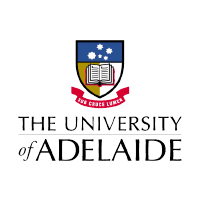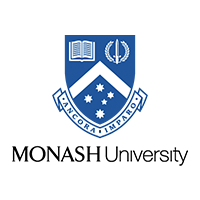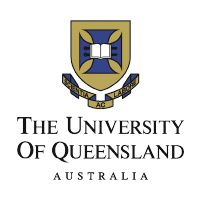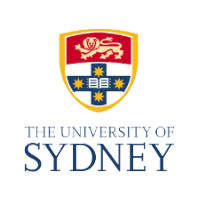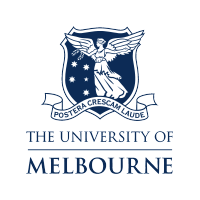Course Information
Our Program of Courses in Biostatistics
Career Outcomes
The Master of Biostatistics course will allow you to develop a specialist career role in health-related research or health services. Biostatistical expertise is in very high demand in many areas. Possible job settings include:
- Medical and epidemiological research
- Commercial industries, i.e. pharmeceutical
- Government departments and agencies
- Academia and teaching
The Masters degree also provides a great grounding for PhD and other higher degree research programs.
Upon Graduation
Students who have successfully completed their Masters, Diploma or Certificate in biostatistics will graduate from their home university. Graduates receive official acknowledgement of their academic award from this university, ie the university in which they were enrolled and where their academic transcript is recorded.
The BCA (represented by all consortium universities collectively) is proud of the achievements of its graduates and acknowledges this by giving a certificate and a letter of congratulations from the BCA Steering Committee to students who have received a Graduate Diploma or Masters degree.
Star Graduates will receive additional acknowledgment in the letter and certificate. A Star Graduate is a graduate from the Masters degree who has achieved an overall average of at least 85%, with no more than one unit of study less than 85%. Star grad status is based on first 10 units if doing 2 WPPS and first 11 if one WPP.
Graduate Statistician status: The BCA program is accredited by the Statistical Society of Australia. Students who graduate from the program with a Masters or Graduate Diploma will, on joining the Statistical Society of Australia, be eligible to apply for accreditation as a Graduate Statistician. Details of the process can be found on the SSA website. The application form can be found here.
Mathematical Foundations
A fundamental principle underlying the BCA program is that a thorough knowledge of biostatistical concepts and methods requires a sound mathematical understanding. To practise effectively as a biostatistician you must be able to read, interpret, evaluate and potentially implement published papers that propose new methods and software for statistical design and analysis. The language of these methods is mathematics.
Read moreStudy Planning
The BCA Program Outline (2025), showing required units for each course, co/prerequisites, semester availability, and how to apply for exemptions and/or credits is a useful tool in planning your study.
Please note that BCA courses are designed to be studied part-time. In order to plan your study, it is important to consult the Curriculum Table and Study Schedules information.
Distance Learning
Distance Learning is a popular option for further education as it allows students to fit study in with existing work/life committments or a chosen lifestyle.
Read moreSoftware Requirements
There are two software packages used in the BCA program – Stata and R.
Read more